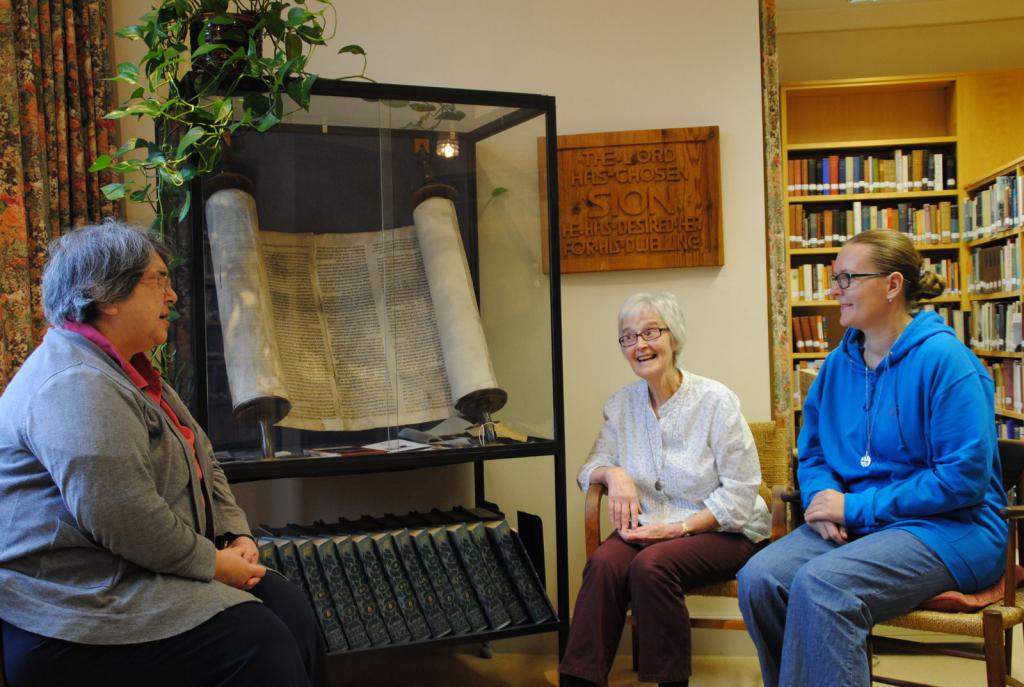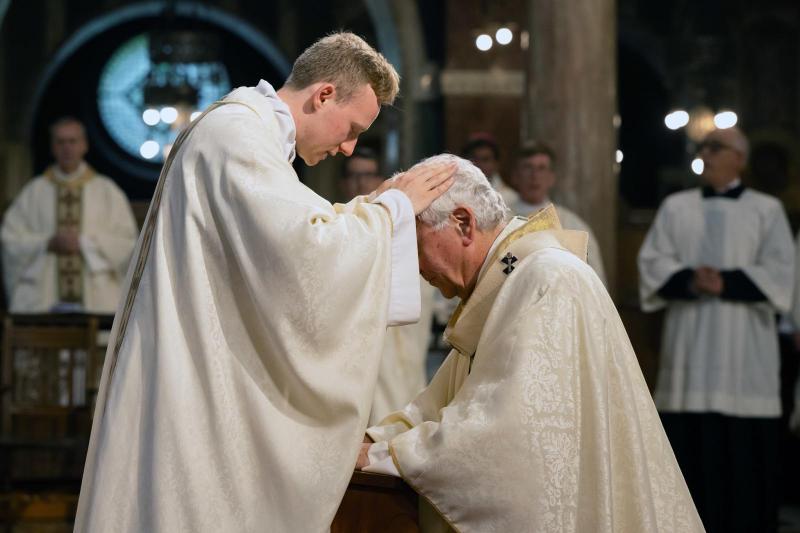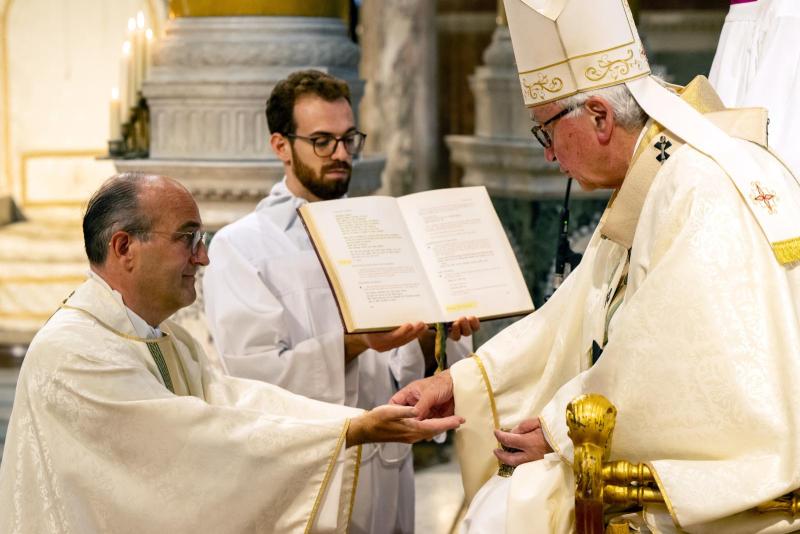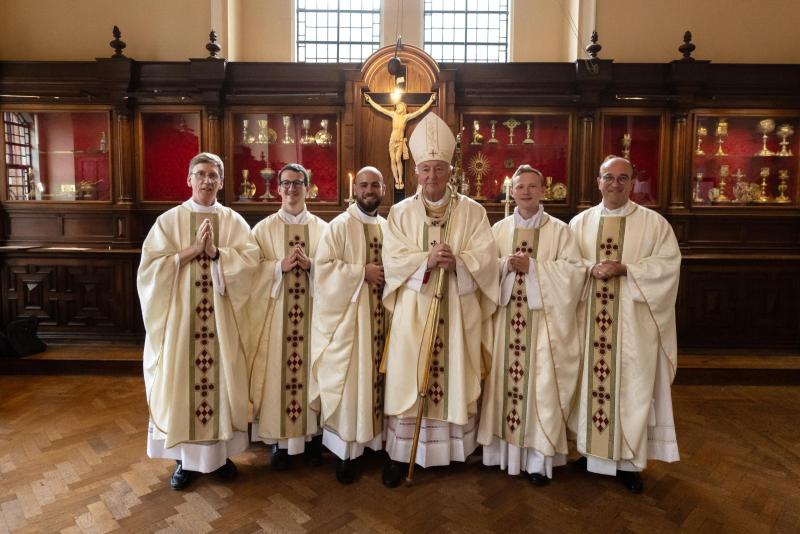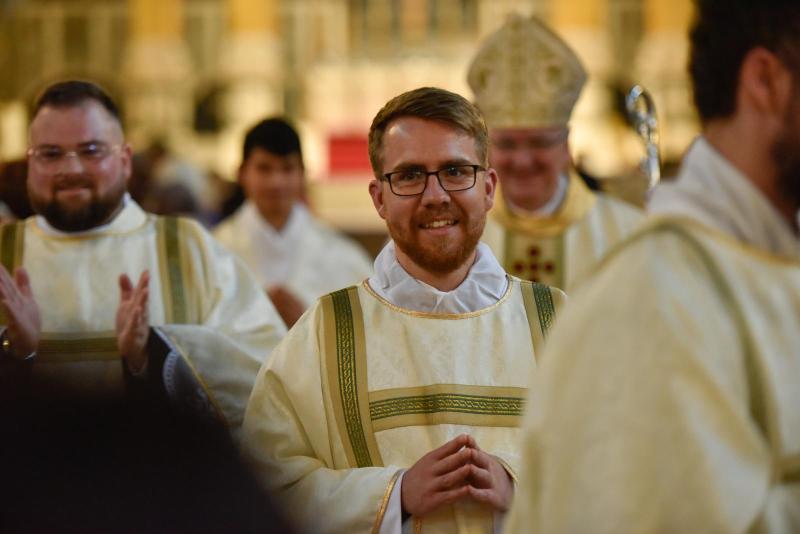The Church has recently celebrated the 50th anniversary of Nostra Aetate, the Second Vatican Council’s Declaration on the Relation of the Church to Non-Christian Religions. At the heart of living out of this ground-breaking document have been the Sisters of Our Lady of Sion. Founded in 1843 by Theodore Ratisbonne, a convert from Judaism to Catholicism, the Sisters dedicate themselves to ‘witnessing in the Church to the fidelity of God to his love for the Jewish people’. Here three of the sisters, based in Bayswater, speak of their charism and calling.
What impact did Nostra Aetate have on the Sisters of Sion?
Sr Brenda: I entered at the time of the Second Vatican Council and there was this movement within the congregation that we should no longer be praying for the conversion of the Jews. At that stage the Mother General, Mother Felix, understood that after Nostra Aetate the landscape of the Church’s relations with other faiths had radically changed. She realised that there also had to be a conversion among the sisters as well. It was like osmosis; we were helped to change step by step. We were encouraged to visit a synagogue, which was unheard of in the 1970s. This meant that we started to make real friendships with Jewish people and developed respect and mutual understanding for each other. This also meant that we needed to deepen our understanding of our own faith in order to enter into dialogue.
Sr Kasia: The experience of the Holocaust was very important in this journey. After the horror of it, we needed to reflect on what had happened, and for this we realised that we needed our friendships with Jewish people so as to understand better their experience of all this.
If someone was to ask you today what is the core charism of the Sisters of Sion, how would you answer them?
Sr Anne: When we make our religious vows, we commit ourselves to ‘witness to God’s faithful love for the Jewish people’. This can be expressed in many ways, such as through a deeper theological understanding of Judaism. Also in parishes we have groups for Scripture study, which aim to help people understand how the Gospels build on our Jewish roots. Another key aspect is that our deeper understanding of the history of the Jewish people should make us more sensitive and responsive to the suffering of all victims of prejudice and persecution, because this has very much been the history of the Jewish people.
Sr Brenda: We have a threefold commitment: to the Church, to the Jewish people and to a world of justice and peace. The work of a Sister of Sion can be very varied, but it has the same starting point: to witness to God’s faithful love for the Jewish people. All of this is very much rooted in the Church’s teaching.
Sr Kasia: We say that we have a Biblical spirituality, this is our golden thread. A part of every day should be spent in contact with the Scriptures, which are at the heart of our daily prayer.
Sr Anne: We also have two houses in Jerusalem: one in the Muslim quarter, the Ecce Homo convent and Biblical study centre, and the other called Ein Kerem, which is on the outskirts of Jerusalem. We have had these two houses since the days of our founder in the 1850s, which means that we all have the opportunity to live and work in Jerusalem, where we also now have our international novitiate. This allows us to really deepen our experience of the Sion charism at the very heart of Jewish and Palestinian culture today.
Sr Kasia: I have come to London to study with the Jewish community, with whom I am doing my PhD. How many Christians have the opportunity to be with future rabbis in their rabbinical seminary? I have to be really open and listen to them. There is such truth and beauty in their tradition. I was deeply touched when some of them came to my celebration of final vows earlier this year. After this they gave me a blessing for my journey ahead, which was a very special moment for me. We have come such a long way. Thanks be
to God!
